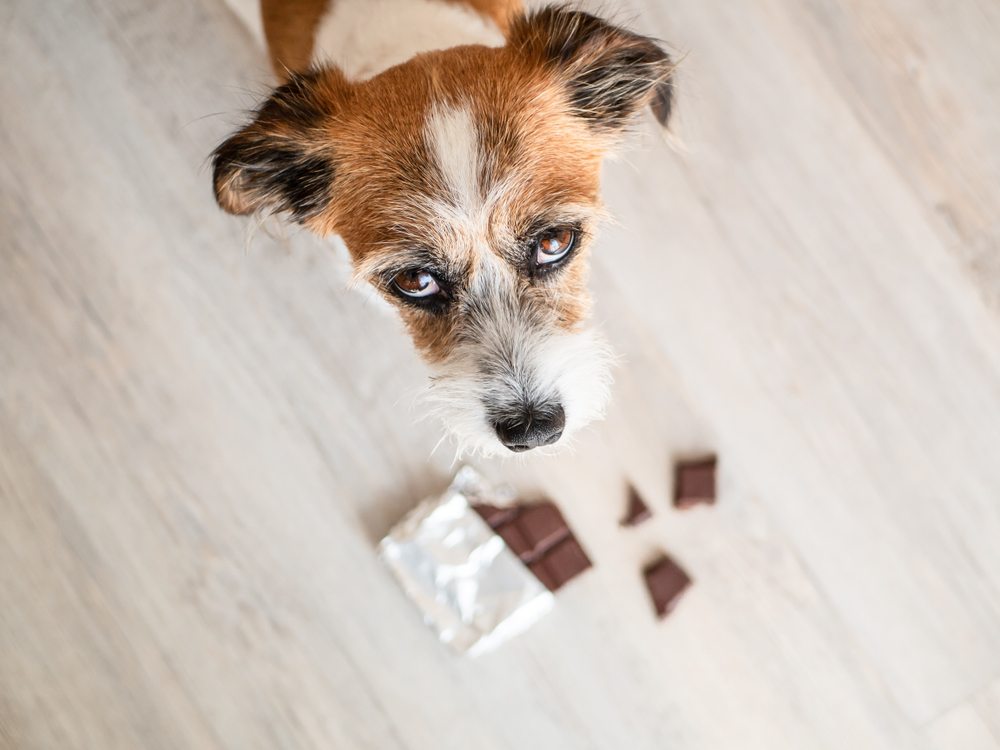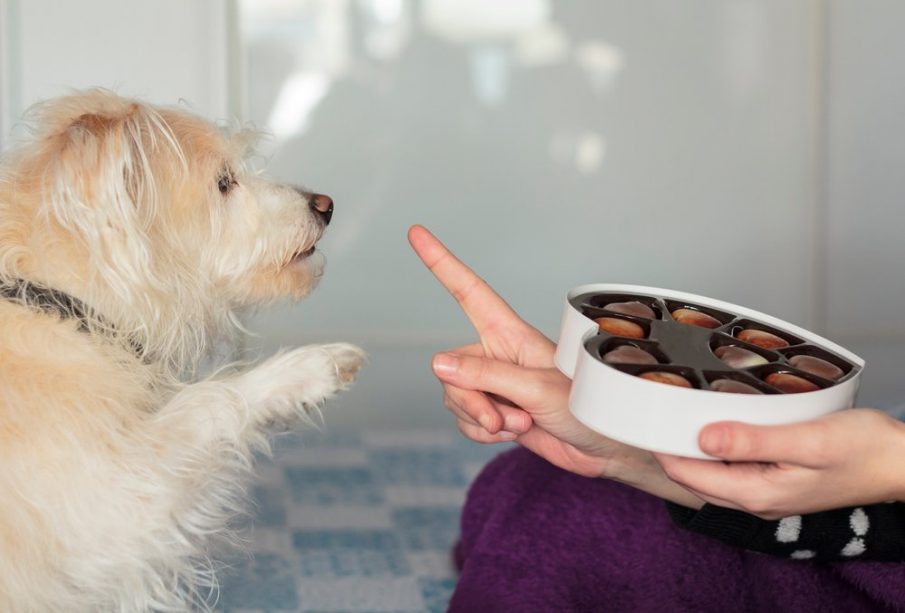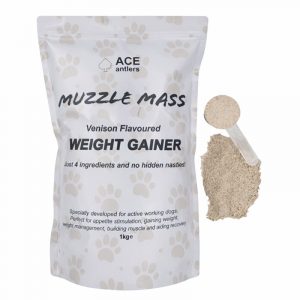It’s well established that our dogs love to eat just about anything, however, it’s important to remember that chocolate is poisonous to dogs and could make them feel very sick.
It is important to understand why you should avoid letting your dogs eat chocolate, despite how much they might beg!
Why Is Chocolate Bad For Dogs?
Chocolate contains an ingredient called theobromine (similar to caffeine). This is toxic to dogs. Dogs aren’t able to break down, or metabolise, theobromine like humans can. Although with many foods and digestive concerns, you can provide the necessary probiotics for dogs through supplementation, when it comes to chocolate, it needs to be totally avoided.
Theobromine mainly affects a dog’s guts, heart, central nervous system and kidneys.
Darker, purer varieties of chocolate tend to have the highest levels of theobromine but it’s also found in milk chocolate. Symptoms of dog chocolate poisoning include vomiting (which might also include blood), diarrhoea, restlessness and hyperactivity, rapid breathing, muscle tension, incoordination, increased heart rate and seizures.
Read More: Can Dogs Eat Pancakes?
The effect and signs of chocolate poisoning in dogs depend on the amount eaten and the size of the breed.
It is important that your dog is kept nice and healthy, and a good way of ensuring a good well-being for your dog is probiotics. Like with probiotic yoghurt designed for humans, probiotics are a friendly kind of bacteria that support healthy gut function.
Just like us, dogs have billions of probiotics in their gut that help them to fight infections, keep their immune system strong, help them to digest food and support them in making vitamins and nutrients. These probiotic bacteria I’ll call the microbiome and a healthy dog needs a healthy microbiome to function.

Foods With Probiotics For Dogs
You can feed the dog foods that you might already have in your fridge which can be a great source of probiotics. Some good sources of natural probiotics for dogs include yoghurt or kefir with a natural live culture contained. Check that you are buying a brand of yoghurt that contains probiotics and not just cultures. Remember, artificial sweeteners can be dangerous for dogs so only feed your dog plain yoghurt with no artificial sweeteners.
Dog Foods With Probiotics
You can buy pre-made dog food that has added probiotics. This is a much easier and more convenient way to get probiotics into your dog’s diet. It is important that you make sure any dog food with probiotics in it also has the prebiotics needed to feed the friendly bacteria.
Probiotic Treats For Dogs
Some treats contain probiotics which is one of the easiest ways of getting probiotics into your dog’s system. Although it’s worth noting that some treats do not contain live probiotics.
As well as probiotics, supplements are also an effective way of keeping your dog in good health. Just like with humans the supplements work alongside a good diet. There are lots of supplements available for animals, which can help to support bones and joints, keeping your pet happy and healthy.
When supplements are given alongside a well-balanced diet made up of quality pet foods, they can provide extra nutrition for your pet. A lot of supplements for pets use ingredients that you will already be familiar with from supplements for humans.






